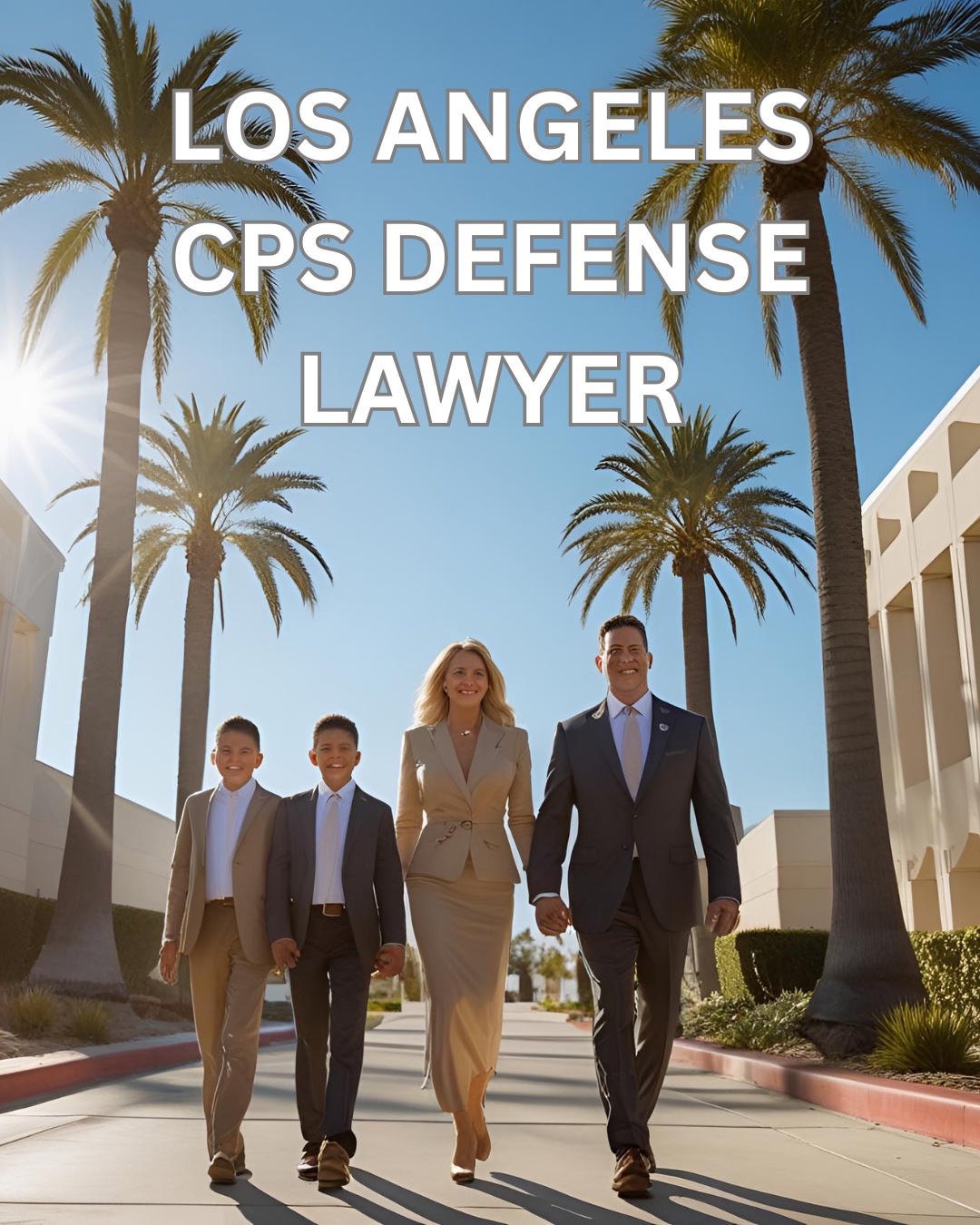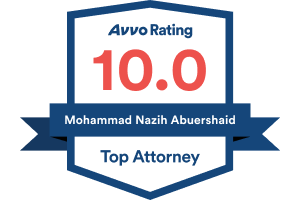- Free Consultation: (866) 811-4255 Tap Here To Call Us
Will CPS Take My Children After a Domestic Violence Call in Los Angeles?

If law enforcement responds to a domestic violence call and children are present, California’s Department of Children and Family Services (DCFS), commonly referred to as CPS, may initiate an investigation. However, CPS does not automatically remove children. Context, safety planning, and legal representation are crucial.
Why CPS Gets Involved After a Domestic Violence Call
In California, all law enforcement officers are mandatory reporters under Cal. Penal Code § 11165.7. When officers respond to a domestic violence (DV) incident and minors are present in the home or alleged to have witnessed the event, they often report the incident to DCFS.
This report triggers a CPS investigation under Cal. Welf. & Inst. Code § 300, which defines when a child is considered at risk of abuse or neglect. Most cases involving domestic violence fall under § 300(b)(1): failure to protect the child from the conduct of another person.
What Happens After the Call? The Initial CPS Process
Once DCFS is notified:
- An Emergency Response (ER) Worker is assigned.
- The worker may visit your home unannounced, interview the children and both parents (separately), and inspect the living environment.
- They assess immediate safety risks, especially if there is a history of repeated incidents or serious injury.
- A safety plan may be proposed, which can include temporary removal of the alleged abuser, supervised contact, or referrals to services.
In serious cases, DCFS may detain the child without a warrant under exigent circumstances, per Cal. Welf. & Inst. Code § 306.
Does One Domestic Violence Incident Mean You’ll Lose Your Kids?
Not necessarily. The law distinguishes between isolated incidents and chronic patterns of endangerment. In many cases, CPS opens a voluntary case without court intervention if the parent seeking protection cooperates and protective measures are in place.
However, there is no bright-line rule. Some factors that may increase the risk of removal:
- Repeated or escalating violence
- Children being physically injured or directly involved
- Presence of weapons or substance abuse
- Refusal to engage in safety planning
Case Example: A Real Defense Perspective
One Los Angeles mother I represented was reported to CPS after her ex-partner was arrested for domestic battery in front of their two children. Although she was the victim, CPS sought removal because the children had been present for multiple past incidents.
Through an emergency hearing under Cal. Welf. & Inst. Code § 319, we argued that she was now in a shelter, had filed a restraining order, and was actively engaging in trauma-informed therapy for the children. The judge allowed the children to remain with her, under court supervision, avoiding full dependency jurisdiction.
Do Both Parents Get Investigated?
Yes. Even if you are the non-offending parent, CPS may still question your ability to protect your children from exposure to harm. This includes:
- Why you remained in the relationship
- What steps you’ve taken since the incident
- Whether there’s a protective order in place
- Your willingness to engage in counseling or DV prevention programs
This is especially relevant under In re R.C. (2012) 210 Cal.App.4th 930, which held that even non-abusing parents can be found to have failed to protect.
How to Protect Yourself and Your Family
If CPS contacts you after a domestic violence incident, consider the following steps:
- Do not make statements without legal counsel. Everything you say can be used in a court proceeding.
- Request written confirmation of any proposed safety plan.
- File for a protective order, if appropriate, under Cal. Fam. Code § 6200 et seq.
- Engage with services proactively: parenting classes, DV support, and therapy show a willingness to protect and heal.
- Document everything—communications with CPS, police reports, medical records, and text messages.
Legal Representation Is Not Optional—It’s Critical
Navigating dependency court or a CPS investigation requires experienced legal counsel. A qualified Los Angeles CPS defense lawyer can:
- Prevent unnecessary removals
- Demand compliance with legal procedures, including warrant requirements
- Advocate for reunification or court-supervised release
- Challenge unsupported allegations
- Negotiate with county counsel and social workers
Frequently Asked Questions (FAQs)
Can CPS take my child even if I was the victim?
Yes, if CPS believes you failed to protect or remain in a dangerous situation without safeguards.
Do I have to cooperate with CPS?
You have rights, including the right to consult an attorney, but failure to cooperate can escalate the case.
Will CPS interview my child at school without telling me?
Yes, under Cal. Welf. & Inst. Code § 309, CPS can interview children without parental consent in certain cases.
What if the report was false or exaggerated?
False reports still require a formal investigation. Your attorney can challenge the report through the court process or file for dismissal.
Final Thoughts
Domestic violence incidents are emotionally and legally complex. Even a single 911 call can place your parental rights in jeopardy. Early intervention, transparency, and legal advocacy are your best tools for protecting your children and your family’s future.
About the Author
Mohammad Abuershaid, Esq. is a Los Angeles-based criminal defense and juvenile dependency attorney who has defended hundreds of parents facing CPS investigations and DCFS court actions. He is a frequent legal education speaker on parental rights and has successfully litigated high-stakes dependency cases involving domestic violence, substance abuse, and complex custody disputes.













